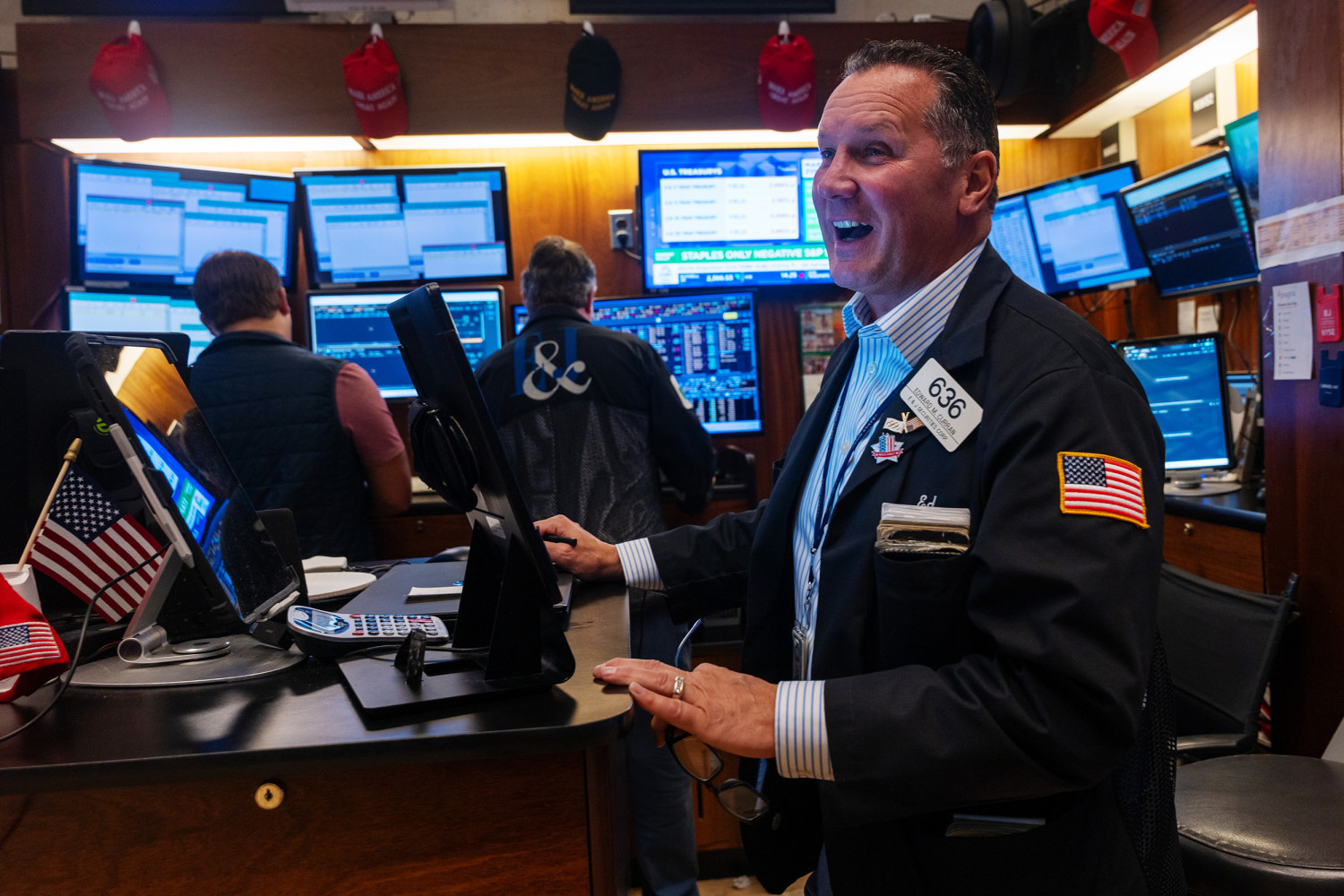A new chapter has begun for the exclusive global private members’ club, Soho House, following a recent acquisition deal that places its valuation at a staggering £2 billion. This significant transaction not only marks a major moment in the hospitality and leisure industry but also introduces a fresh perspective to the company’s leadership. The move, which brings a prominent figure from the entertainment and technology sectors onto its board, signals a strategic shift for the brand as it looks to expand its influence and appeal to a new generation of members. The acquisition solidifies the club’s position as a premium lifestyle brand while also hinting at a future that blends its traditional exclusive model with modern technological advancements and media presence.
The acquisition itself is a complex financial transaction involving multiple investors and is a testament to the brand’s perceived value. For years, Soho House has cultivated an image of exclusivity and artistic flair, drawing in a global membership of creative professionals, entrepreneurs, and influential figures. This reputation, combined with its portfolio of stylish clubs and hotels in prime locations around the world, has made it a highly sought-after asset. The £2 billion valuation reflects not just its current assets but also the immense potential for growth and profitability that the new owners see in the brand. This level of investment suggests a strong belief in the club’s business model and its ability to thrive in a competitive market.
A significant element of this agreement is Ashton Kutcher joining the board of directors. Although known for his thriving acting career, Kutcher has established himself as a shrewd investor and entrepreneur in the tech sector. His involvement brings a distinctive combination of media acumen and business insight to the company’s leadership. This isn’t merely a celebrity endorsement; it represents a strategic addition intended to leverage his expertise in technology, media, and venture capital. Kutcher’s presence on the board is likely to impact Soho House’s future plans, especially in realms like digital engagement, brand partnerships, and employing technology to enhance member experience. His knowledge of the digital economy and entertainment industry offers invaluable contributions that can support the club in navigating the ever-changing consumer landscape.
The integration of a new board member with a strong background in technology and media is a telling sign of the direction Soho House is likely to take. While its core appeal has always been its physical spaces and in-person networking, the company is now faced with the challenge of remaining relevant in a world increasingly dominated by digital interactions. Kutcher’s role could involve exploring new digital platforms for members, enhancing the brand’s online presence, and even identifying new business opportunities in the tech and media sectors. This forward-looking approach suggests that Soho House is not content to rest on its laurels but is actively seeking ways to innovate and stay ahead of the curve.
The deal also reflects broader trends in the leisure and hospitality industry. The concept of private members’ clubs, once a niche market, has seen a resurgence in popularity. These clubs offer not just a place to stay or dine but a sense of community, belonging, and curated experiences. The success of Soho House has inspired a new wave of similar concepts, all vying for the attention of a discerning clientele. The £2 billion acquisition suggests that this model is not a passing fad but a viable and highly profitable business strategy. It highlights a growing consumer demand for experiences that are unique, personalized, and exclusive, moving beyond a simple transactional relationship.
The recent changes in ownership and the board’s composition are anticipated to usher in a phase of strategic reassessment and possible growth initiatives. Although Soho House’s primary goal is expected to continue—to offer a haven for creative professionals—the methodologies to implement this mission might change. There might be launches of new clubs in emerging regions, an emphasis on different sectors like wellness or media, and a stronger focus on ensuring a seamless member experience, both on and off the premises. The acquisition brings the necessary financial support and strategic direction to pursue these ambitious objectives. The addition of a new board member with a varied background clearly signifies that the company is open to innovative thinking to fulfill its objectives.
The future of Soho House appears to be a blend of its established identity and a push towards new frontiers. The acquisition and the new board member are not just financial headlines; they are a sign of a company in transition. The brand is poised to leverage its global appeal, its exclusive community, and its physical spaces to create a multifaceted business that transcends the traditional boundaries of a members’ club. The £2 billion valuation and the strategic appointment of a tech-savvy board member are a strong vote of confidence in this vision. It will be fascinating to see how this new leadership team steers the company and what innovations they will introduce to a brand already synonymous with luxury and exclusivity.







